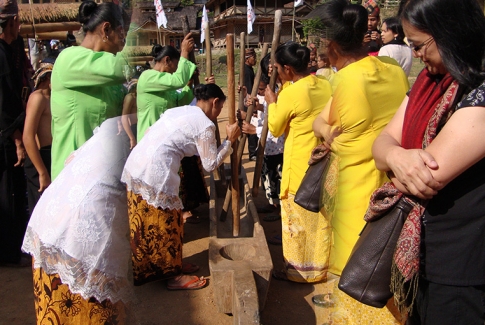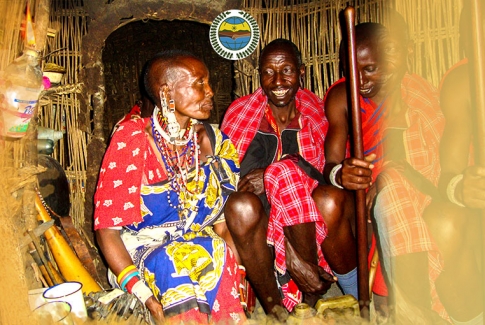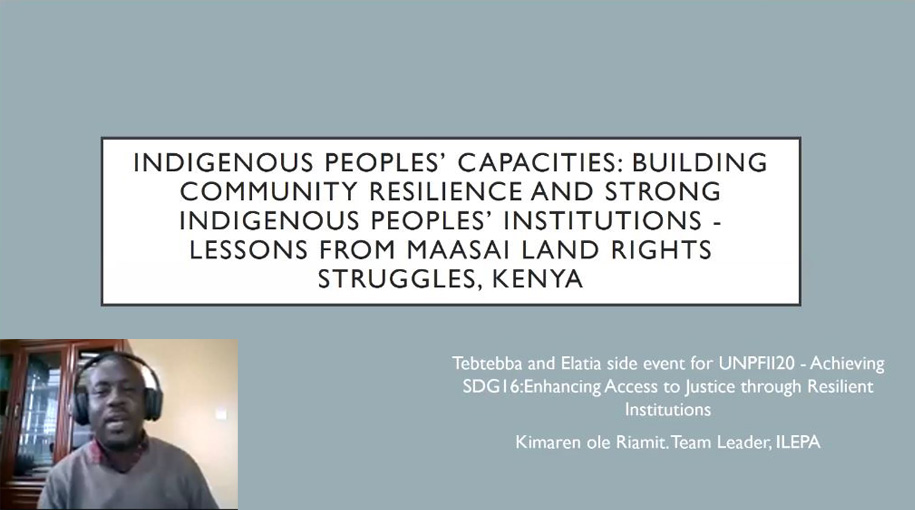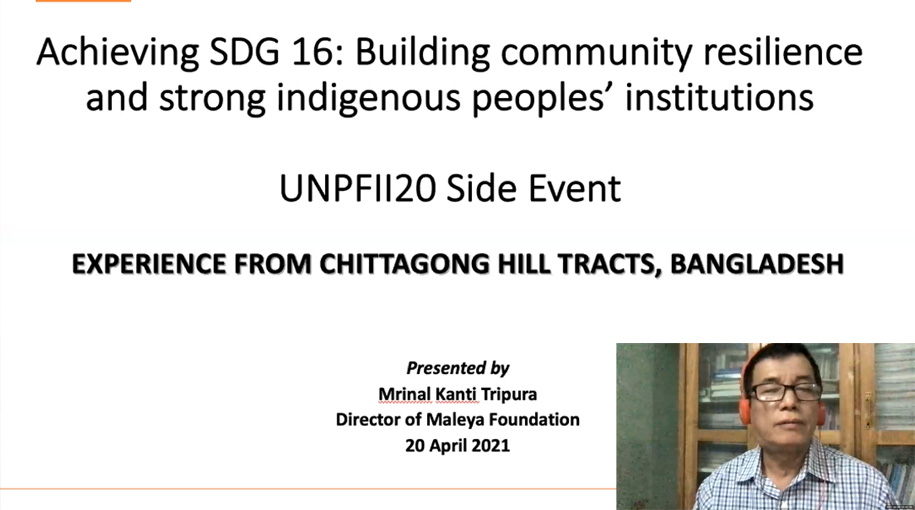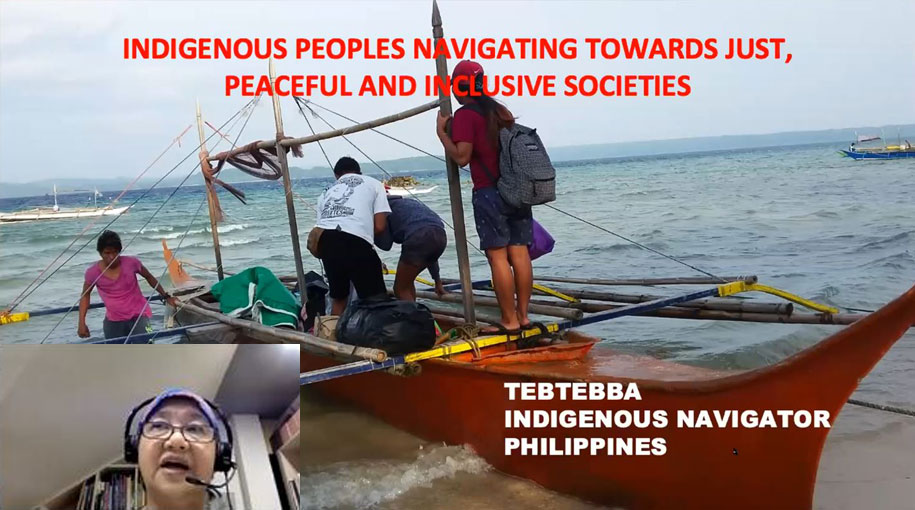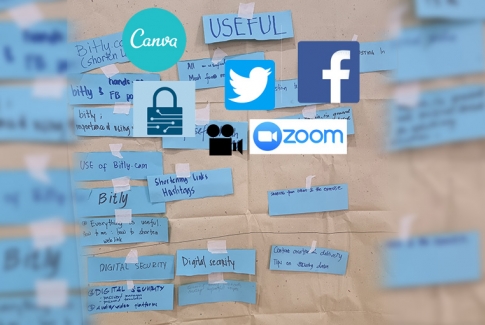"Indigenous peoples have a sacred relationship with nature... giving what they can and taking only what they need."
Phrang Roy of the Indigenous Partnership for Agro-biodiversity and Food Sovereignty and former Assistant President of the International Fund for Agricultural Development (IFAD) stressed on the sustainability of the harmonic relationship between indigenous peoples and the environment during the recent “Asia Regional Dialogue in Preparation to the United Nations Food Systems Summit” that took place on 8 June 2021. A total of 141 participants from the different indigenous peoples’ organizations all over Asia, including several observers from the other regions, joined in the said gathering. The virtual meeting delved on the diverse issues faced by indigenous peoples in relation to food sovereignty as well as the various indigenous food systems they practice.
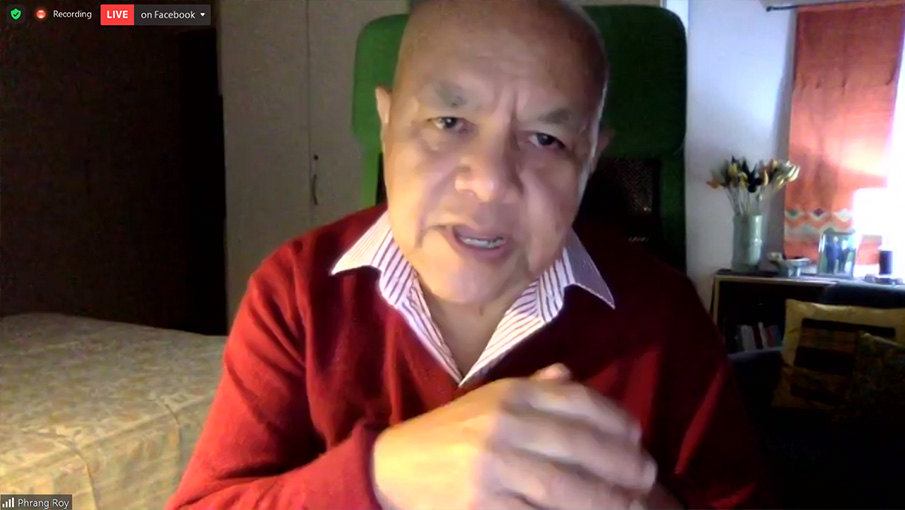
Phrang Roy of the Indigenous Partnership for Agro-biodiversity and Food Sovereignty emphasized the sacred relationship of indigenous peoples with nature.
“Indigenous food systems and traditional knowledge are important. They must be recognized and not undermined,” posited Victoria Tauli-Corpuz, former UN Special Rapporteur on the Rights of Indigenous Peoples and Tebtebba executive director, during her opening remarks. She emphasized the need to implement and promote these indigenous practices, like the Sulagad system of the Teduray-Lambangian people or the pag-uuma (swidden farming) of the Palaw-an people of the Philippines, because they highly contribute to the achievement of sustainable global food security, citing the balance created by indigenous peoples between production and environmental protection.
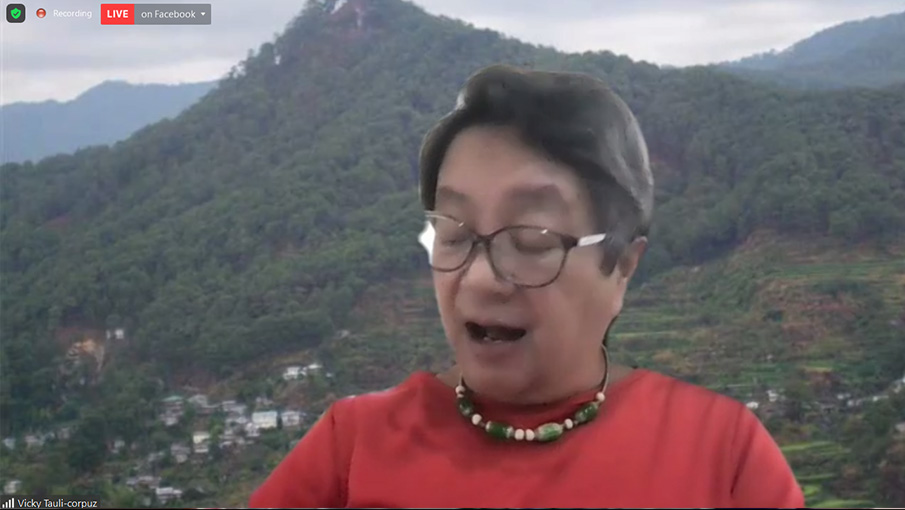
Vicky Tauli-Corpuz, Tebtebba executive director and former UN Special Rapporteur on the Rights of Indigenous Peoples, cited the necessity of balancing food production and environmental protection.
Nutdanai Trakansuphakon of Pgakenyaw Association for Sustainable Development (PASD) in Thailand discussed the beneficial use of the Hin Lad Nai rotational farming system wherein crops are planted alternately which, then, retains soil fertility and encourages the growth of indigenous seeds. He pointed out that their community’s agricultural practice is in line with the changing of the seasons. “We use food to communicate. We are dependent on seasonal food. We do not rush it,” he explained.
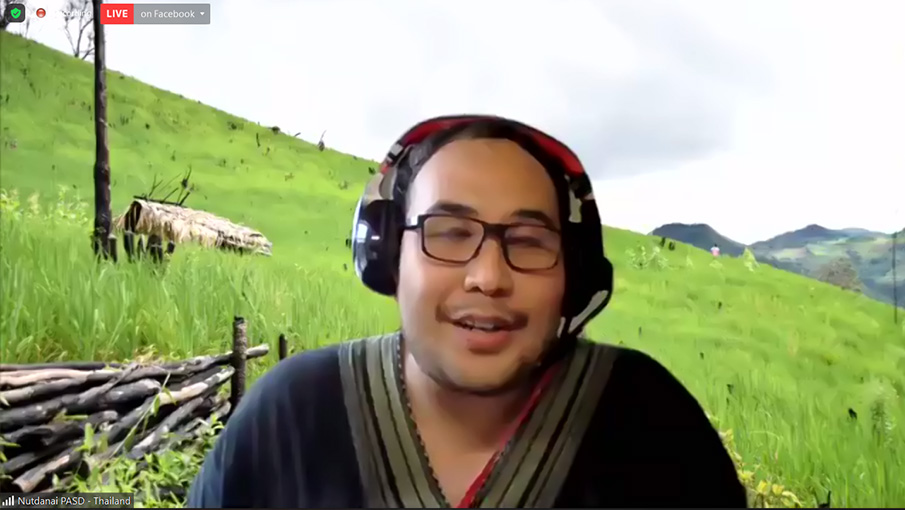
Nutdanai Trakansuphakon of Pgakenyaw Association for Sustainable Development (PASD) in Thailand shared that they use nature's signals to tell them when to start planting or harvesting any produce
The meeting is part of the series of dialogues conducted all over the world to gain insights on the different food systems of indigenous peoples that can be recommended during the upcoming United Nations Food Systems Summit (UNFSS) scheduled to happen on September this year. According to UNFSS.Org, the UNFSS is “a neutral, independent and credible forum that supports pro-poor sustainable development objectives, and helps developing countries get access to global markets as the economic, social and environmental impacts of production and consumption play an increasingly important role in shaping consumer choices.”
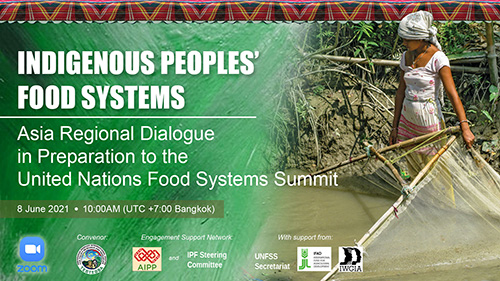
With support from the UNFSS Secretariat, the International Fund for Agricultural Development (IFAD), and the International Work Group for Indigenous Affairs (IWGIA), the thematic Asian dialogue was convened by Tebtebba, boosted with the engagement help from the Asia Indigenous Peoples Pact (AIPP) and the Steering Committee of the Indigenous Peoples Forum at IFAD. This endeavor aims to increase the participation of indigenous peoples and amplify their collective voice in the upcoming global Food Systems Summit process.



